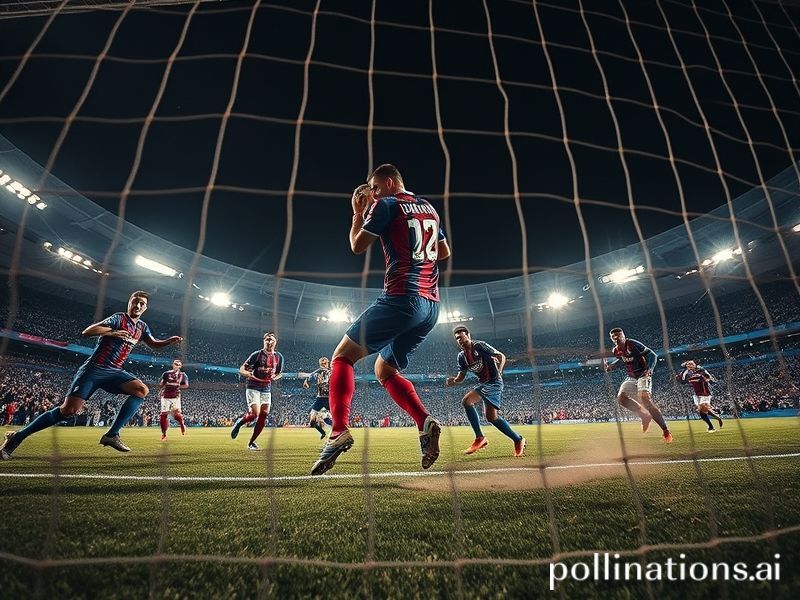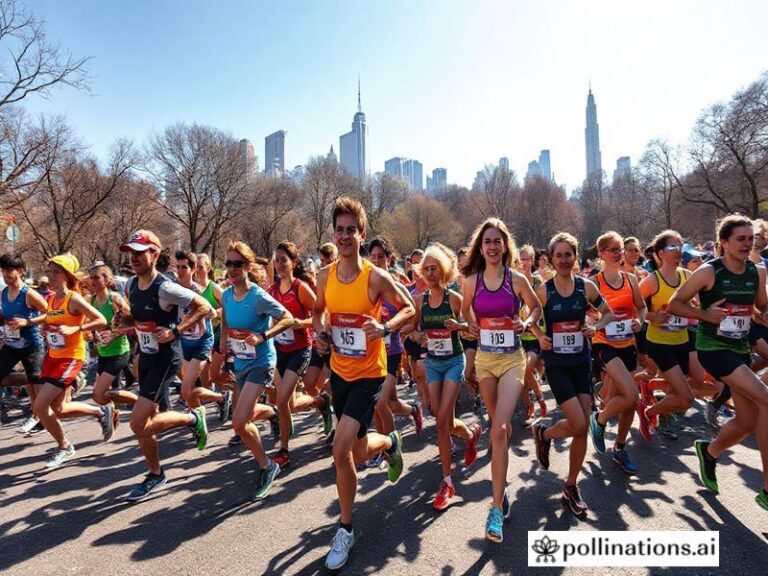Genoa vs Empoli: When a Relegation Scrap Feels Like the Fall of Rome—Live from the Apocalypse
Genoa vs Empoli: A Maritime Tragedy Masquerading as a Football Match
If you stare long enough at the Ligurian Sea from the crumbling terraces of Stadio Luigi Ferraris, you can almost see container ships full of cheap plastic optimism sailing straight past Genoa toward richer ports. Thursday’s relegation six-pointer against Empoli will not divert that traffic, but it will momentarily convince roughly 30,000 locals—and an invisible diaspora glued to pirate streams from Buenos Aires to Brisbane—that the universe still cares which shade of mid-table beige finishes seventeenth.
Let us be clear: this is not El Clásico, nor is it the Derby della Lanterna. It is two sets of accountants in football boots trying to keep their respective spreadsheets from turning red. Genoa, once Europe’s gateway to the Orient, now specializes in exporting centre-backs to the Premier League and importing existential dread. Empoli, meanwhile, is a Tuscan town the size of a Walmart parking lot that somehow produces Serie A midfielders the way other municipalities produce Chianti—thin, acidic, and destined for the English second tier.
Yet the world watches, because the world is bored. In Jakarta, ride-hailing drivers huddle over cracked phones, wagering tomorrow’s petrol money on the under. In Toronto, insomniac grad students refresh live-blogs instead of writing theses on neoliberal decline—ironically, the very force that has reduced once-proud Genoa to a feeder club for mid-table England. Somewhere in a Dubai skyscraper, a sheikh who’s never seen rain wonders if buying either club might at last earn him the respect his money can’t.
The geopolitical subtext is hard to miss. Genoa’s ultras sing about Christopher Columbus—arguably history’s first influencer, sailing off to find India and discovering instead an excuse for centuries of genocide. Empoli’s traveling fans reply with verses about Amerigo Vespucci, a glorified cartographer whose only real talent was branding. Both men, you’ll note, set out for spice and returned with PR. The modern equivalents wear fluorescent boots and post motivational quotes on Instagram.
On the pitch, the plot is equally Shakespearean—if Shakespeare had been forced to write under Financial Fair Play restrictions. Genoa’s manager, a man whose CV reads like a cautionary LinkedIn post, has promised “courageous football,” which in translation means long diagonals and prayer. Empoli’s bench features a former banker who once gave a TED Talk on “disrupting relegation” using heat maps and artisanal data. Both coaches will blame VAR for their inevitable sacking, thus continuing the grand tradition of scapegoating technology for human incompetence.
Bookmakers list a draw at 3.1, which is also the current odds on global democracy surviving the decade. Coincidence? Perhaps. But consider that the last time Genoa kept a clean sheet, Bitcoin was under $10,000 and no one had yet invented the phrase “supply-chain disruption.” Empoli, for their part, have scored more own goals than open-play headers, an allegory for self-sabotage so on-the-nose it could win an Italian art prize.
Should Genoa lose, the ultras will riot, the mayor will blame “outside agitators,” and a few antique shop windows will pay the price. Should Empoli lose, their sporting director will issue a statement about “trusting the process,” which is corporate speak for “we’re already scouting the Championship.” Either way, the net result will be a PowerPoint presentation next Monday, presented to men in quarter-zips who still say “circle back” without irony.
Final whistle verdict: Humanity will continue its slow-motion implosion, but for ninety minutes plus stoppage time we can pretend that the shape of a ball matters more than the shape of the yield curve. And isn’t that, dear reader, the most Italian ending of all—tragedy dressed up as farce, garnished with a sprig of parsley and served at 9 p.m. local, prime time for despair.







